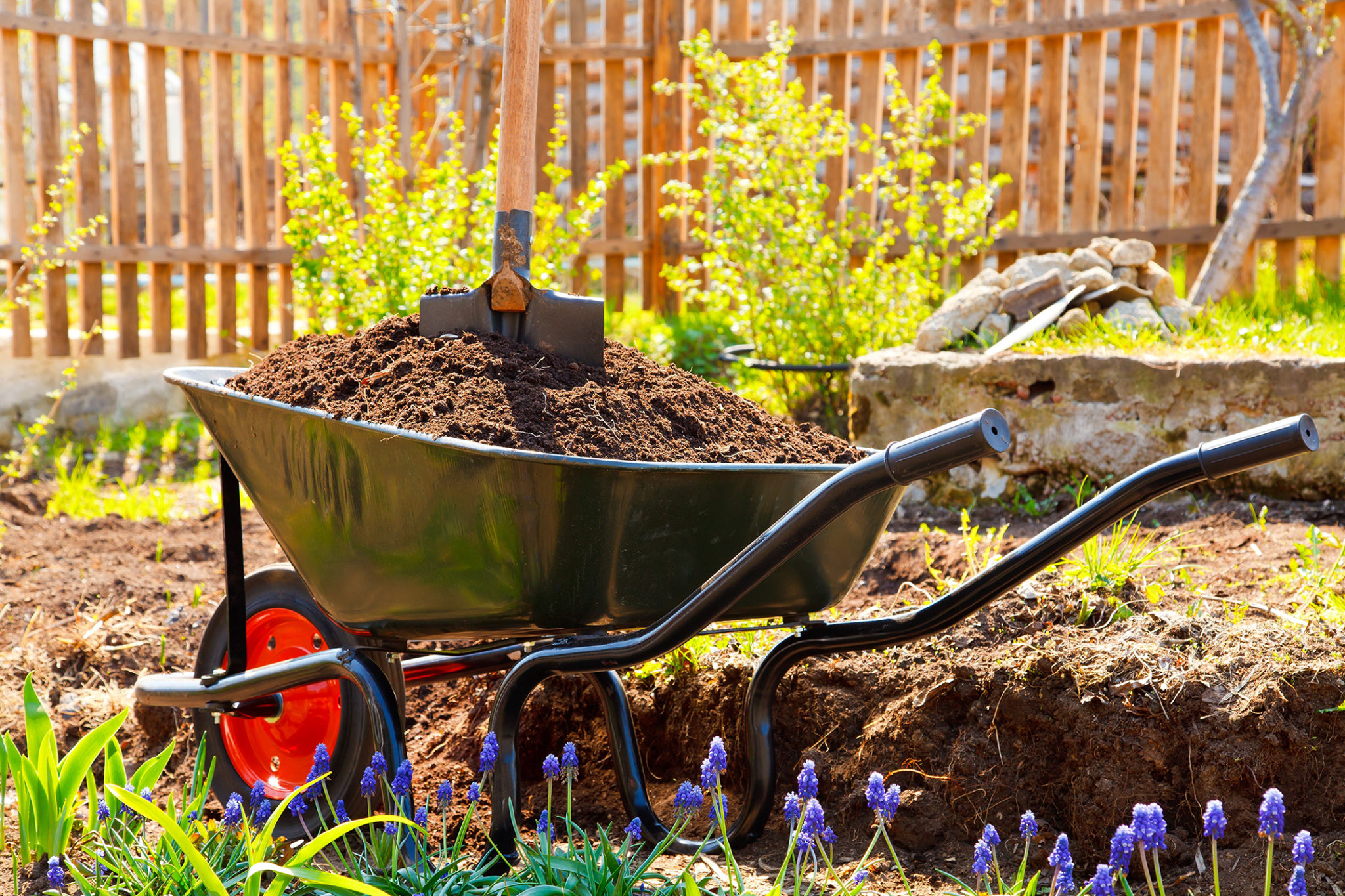Seasonal Gardening Tips: Preparing Your Arizona Garden with Organic Fertilizers
Understanding Arizona's Unique Climate
Gardening in Arizona presents unique challenges due to its arid climate and extreme temperatures. However, with the right approach, your garden can thrive throughout the year. One of the key strategies is using organic fertilizers tailored to the local conditions. These fertilizers help enrich the soil, providing essential nutrients that promote healthy plant growth.

Benefits of Organic Fertilizers
Organic fertilizers are an excellent choice for Arizona gardens because they improve soil structure and enhance its ability to retain moisture, a crucial factor in a dry climate. Unlike synthetic fertilizers, organic options release nutrients slowly, ensuring a steady supply of nourishment to your plants without the risk of chemical buildup.
Using organic fertilizers also encourages beneficial soil microbes, which play a vital role in breaking down organic matter and making nutrients available to plants. This natural process supports the development of robust root systems capable of withstanding the harsh Arizona sun.
Selecting the Right Organic Fertilizer
Choosing the appropriate organic fertilizer for your garden depends on several factors, including the types of plants you are growing and the specific needs of your soil. Common organic fertilizers include compost, manure, bone meal, and fish emulsion. Each type has distinct characteristics that cater to different plant requirements.

Before applying any fertilizer, consider conducting a soil test to determine its nutrient composition. This will provide valuable insights into which nutrients are lacking and guide you in selecting the best fertilizer to address those deficiencies.
When to Fertilize Your Garden
Timing is crucial when it comes to fertilizing your Arizona garden. The ideal times are during early spring and late fall when temperatures are milder. Avoid fertilizing during peak summer heat, as high temperatures can exacerbate stress on your plants and reduce the effectiveness of the fertilizers.
- Apply fertilizer in early spring to support new growth.
- Use a lighter application in late fall to prepare plants for winter.
- Avoid fertilizing during extreme heat to prevent plant stress.
Application Techniques for Optimal Results
Proper application techniques can significantly influence the effectiveness of organic fertilizers. For instance, incorporating compost into the soil before planting can improve its structure and nutrient content. Side-dressing plants with manure or bone meal during the growing season can provide an additional nutrient boost where needed.

Ensure even distribution of fertilizers by following the recommended application rates. Over-fertilizing can lead to nutrient runoff and damage to plants, while under-fertilizing may not provide enough nourishment for optimal growth.
Additional Tips for a Thriving Arizona Garden
In addition to using organic fertilizers, consider implementing other water-saving techniques like mulching and drip irrigation. These practices help retain soil moisture and reduce evaporation, making them perfect companions to your fertilization efforts in an arid environment.
- Use mulch to conserve soil moisture.
- Install a drip irrigation system for efficient water use.
- Choose native or drought-tolerant plants for best results.
By carefully selecting and applying organic fertilizers and incorporating sustainable gardening practices, you can enjoy a lush and productive garden even in Arizona's challenging climate.
